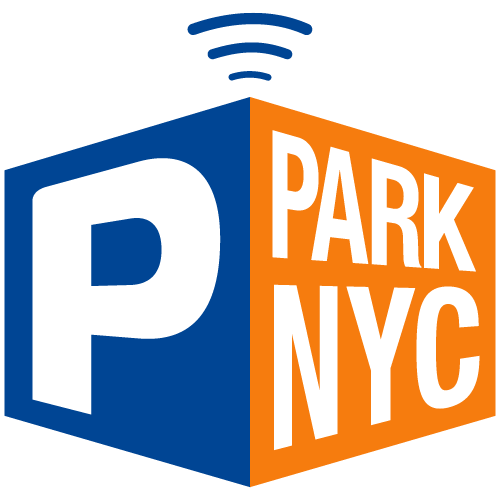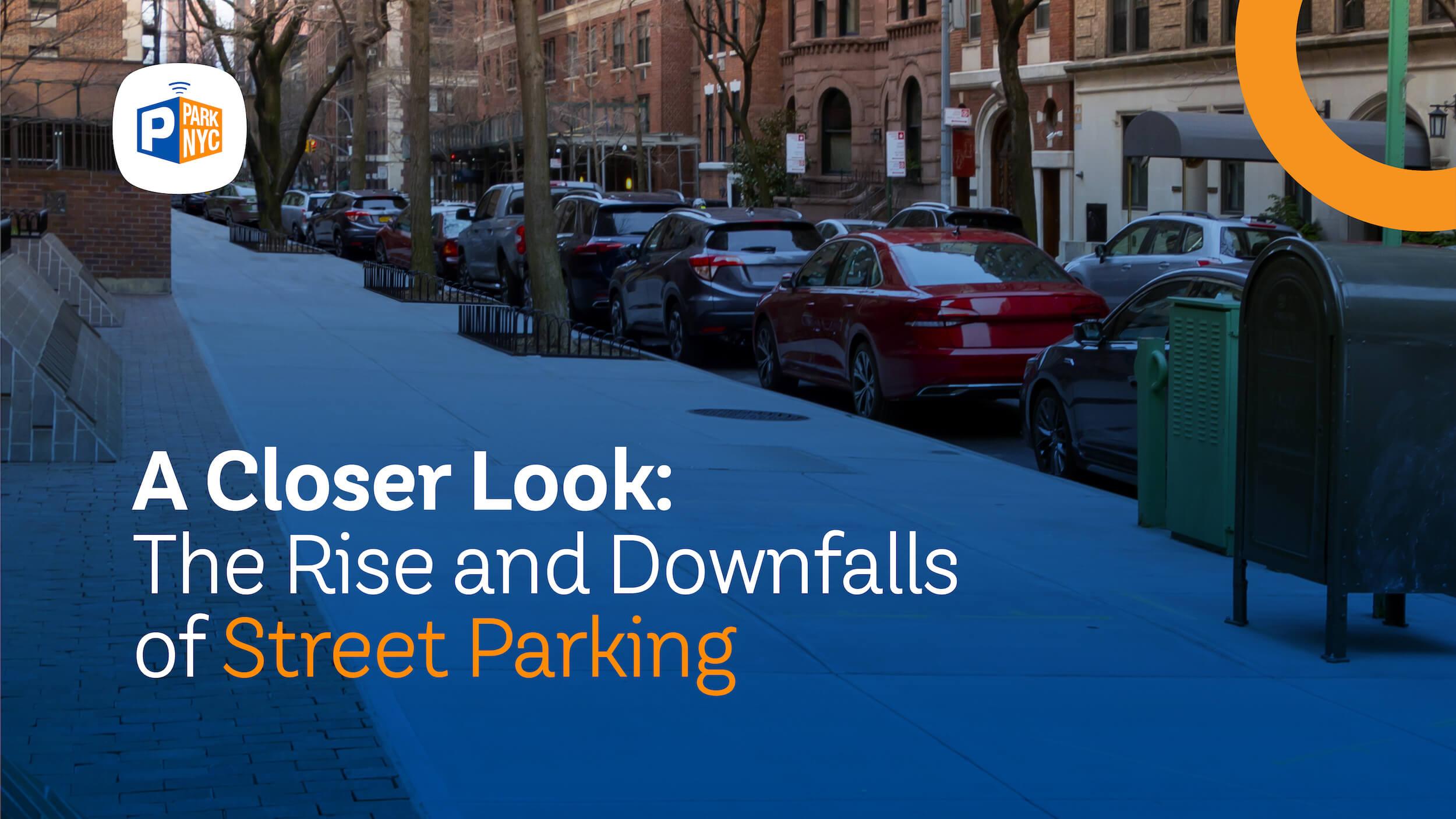
A Closer Look: The Rise and Downfalls of Street Parking
In New York City, street parking (and overnight parking in particular) hasn’t always been as common as it is today – in fact, NYC used to be geared more towards movement and pedestrians. Bans on permanent parking were in effect as early as the 1800s, and today, it is still illegal to park a car in the same spot for more than seven days in a row.
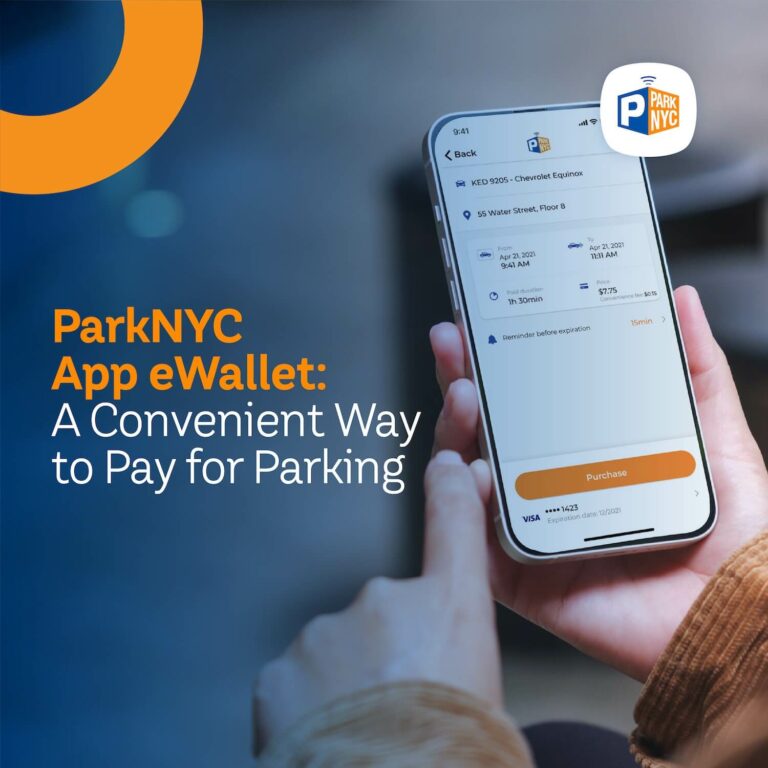
eWallet: The Convenient Way to Pay for Parking
When it comes to parking in the busy streets of New York City, convenience is key. Nobody wants to waste time fumbling for change or running to feed a meter when their time runs out. Fortunately, the ParkNYC App is here to make your parking experience smoother and more efficient than ever. Read on to find out more about this ParkNYC App easy payment option and how it can revolutionize your parking routine. What is the ParkNYC App eWallet? The ParkNYC App eWallet is a digital payment system designed to simplify your parking payments. The eWallet is a pre-funded account from which individual parking sessions are deducted. The eWallet functions similarly to the E-Z Pass toll program. Individual users can fund their eWallet account using a credit or debit card with a minimum of $25.00 and up to a maximum of $150.00. Business and commercial fleet operators can pre-fund their accounts in larger increments, with a minimum of $50.00 and up to a maximum of $500.00. Buses can pre-fund accounts with a minimum of $500.00 and up to a maximum of $1,000.00. When your account balance reaches zero, your account will automatically be replenished using your selected payment method. There
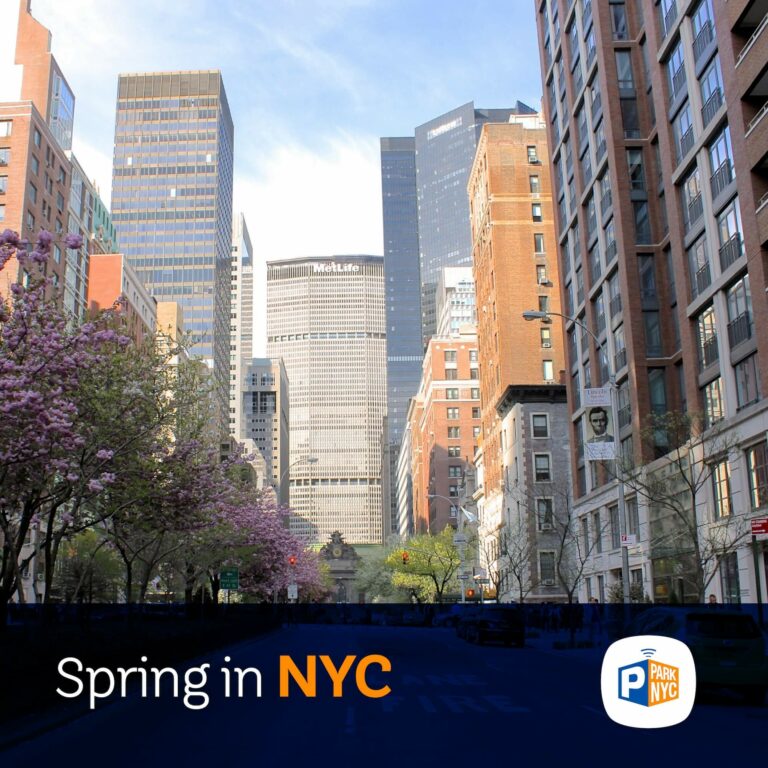
Embracing Spring in the Big Apple: Free Things to Do in New York City
As warmth starts to fill the city once again and the cityscape blooms with bursts of color, New York City blossoms into a haven of springtime delights. From vibrant parks to cultural events and festivals, there’s no shortage of free activities to enjoy during this season. Here are some ways to make the most of spring in the big city without breaking the bank: Central Park Strolls: A classic and beloved pastime of locals and visitors alike. Embrace the beauty of this green space while taking leisurely strolls through Central Park. Don’t forget the blooming cherry blossoms, vibrant tulip beds, and lush greenery as you wander along winding pathways. Don’t miss iconic landmarks like Bethesda Terrace, Bow Bridge, and Sheep Meadow, where you can relax and even pack a nice picnic. High Line Exploration: Discover a unique urban oasis atop the High Line, an elevated park built on a historic freight rail line. Flush with landscaped gardens, art installations, and scenic overlooks where you can enjoy panoramic views of the city skyline. Spring brings a burst of color to the High Line’s flora, making it an ideal destination for nature lovers and urban explorers alike. Outdoor Markets and Festivals: Dive
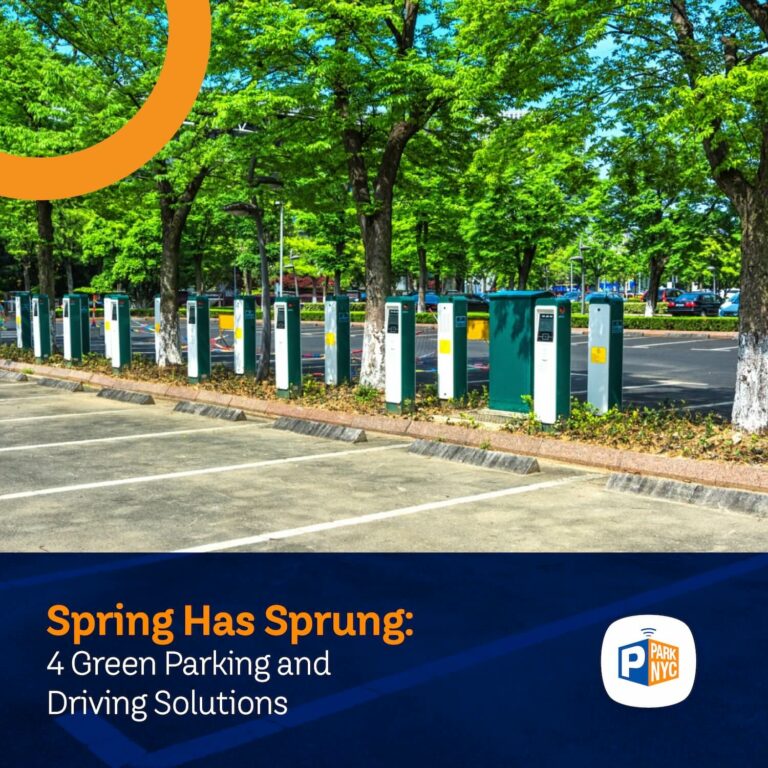
Spring Has Sprung: 4 Green Parking and Driving Solutions
As the vibrant hues of spring paint the city, there’s no better time to embrace a greener, more sustainable lifestyle – and this extends to the way we park our vehicles. In the bustling metropolis of New York City, where every square inch is valuable, eco-friendly parking options are gaining traction. In this post, we’ll explore the blossoming world of environmentally conscious parking in NYC, from electric car charging stations to green parking garages. 1. Electric Car Charging Stations: A Spark of Sustainability Spring is a season of renewal, and what better way to renew your commitment to the environment than by opting for an electric vehicle (EV)? There is a growing network of electric car charging stations across NYC. Not only do EVs require no fuel (so you save money on gas), but they also have lower emissions, less noise, and discounts on tolls. Maintenance costs are also lower due to the electric motor, and they have better performance overall. The city of Manhattan has about 46 public charging station ports (Level 2 and Level 3) within 15km, and the city continues to expand this eco-friendly infrastructure. 2. Green Parking Garages: Where Sustainability Meets Shelter ‘Green’ parking garages goes
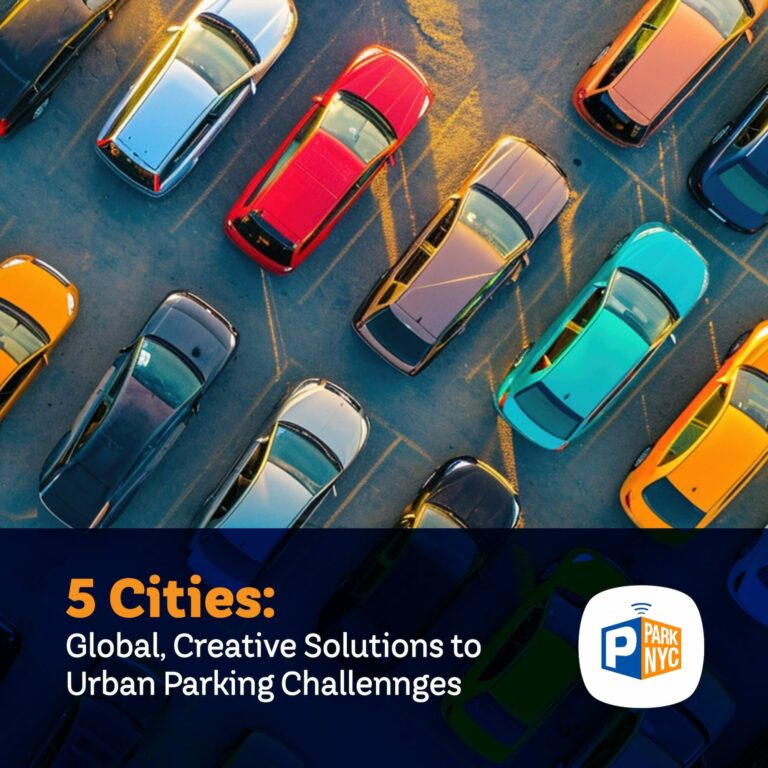
5 Cities: Global, Creative Solutions to Urban Parking Challenges
In urban centers around the world, the struggle to find car parking has become a universal challenge. Read on to delve into the innovative strategies adopted by cities across the globe to tackle their unique urban parking challenges. From the narrow streets of European cities to the sprawling metropolises in Asia, these case studies shed light on diverse approaches that have transformed the parking experience for residents and visitors alike. 1. Singapore: Maximizing Vertical Space Singapore, a city-state known for its limited land area, has pioneered the use of vertical parking solutions. Automated multi-level car parks and smart parking systems have helped optimize space and alleviate congestion in this densely populated urban environment. Another solution used by Singapore is the mobile parking app Parking.sg, allowing drivers to pay for short-term parking at public car parks via phone. What is more, Singapore has entirely eliminated whole-day and monthly parking coupons, an environmentally friendly choice! 2. Zurich: Embracing Sustainable Mobility Zurich’s commitment to sustainable urban development focuses on reducing car dependency. The city’s emphasis on public transportation, bike-sharing programs, and car-free zones, has greatly influenced parking policy and reduced car usage. Today, it is no problem to get around Zurich without a
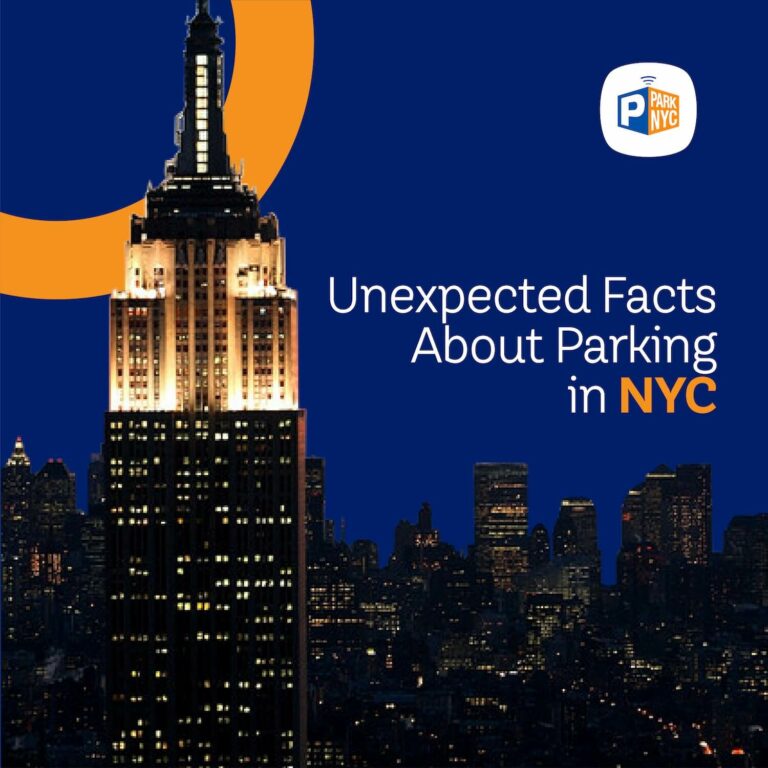
11 Unexpected Facts About Parking in NYC
It’s well known that New York City is one of the most populous cities in the world, with about 29,000 people per square mile. As such, it makes sense that the high level of congestion leads to parking challenges. Journey from 1935 until today, with these interesting and surprising facts about parking! Fun Facts about Meters On July 16, 1935, in Oklahoma City, the very first parking meter was installed on First Street and Robinson Avenue, charging a nickel per hour and revolutionizing parking. The last New York City mechanical parking meter, an object of frustration for motorists since 1951, was withdrawn from service in Coney Island in December 2006. Today, New York’s parking meter machines have come a long way—meters utilize wireless signal and solar panels at the top to enhance reliability and sustainability. Fun Facts about Drivers and Driving In New York, prior to 2020, almost 2 million people travel by motor vehicle through the southern half of Manhattan each weekday. In New York City, drivers spend about 107 hours per year looking for parking, according to a recent report. The searches add up to approximately $2,243 in wasted time, fuel, and emissions per driver. According to 2018 census, almost 1.4
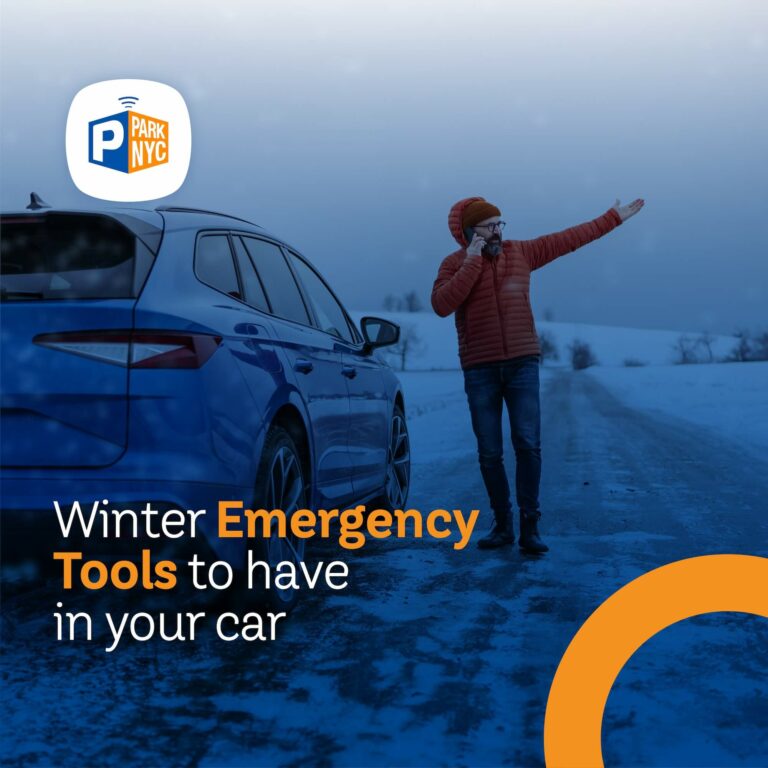
Winter Emergency Tools to Have in Your Car
Are you heading out for a winter drive? Whether you live in an area prone to heavy snowfall or experience occasional cold snaps, it’s essential to be prepared for the unexpected when you’re on the road during the winter months. A well-stocked winter car emergency kit can differentiate between a minor inconvenience and a potentially severe, life-threatening situation. We’ve listed a few necessary items for your winter car kit, ensuring you’re well-prepared for any challenges Mother Nature presents. Essentials for Your Winter Car Kit Cell Phone and Power Sources: Before hitting the road, ensure your phone is fully charged, and carry a spare charger and rechargeable battery pack in your emergency kit. In an emergency, your phone is your lifeline. Cold-Weather Gear: Being stranded in the cold without adequate clothing can be dangerous. Here’s what you should have on hand: An insulated winter weather coat that’s waterproof and rated for temperatures below your region’s average lowest temperature. Waterproof winter gloves. A knit cap or beanie to prevent heat loss. Extra socks in case your feet get wet. Sturdy, insulated winter boots to keep your feet warm and dry. Emergency Thermal Blankets: These lightweight, moisture-resistant blankets can provide extra warmth during
